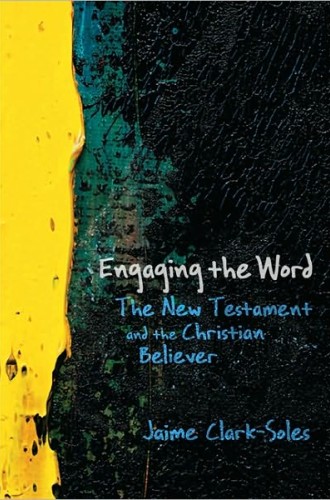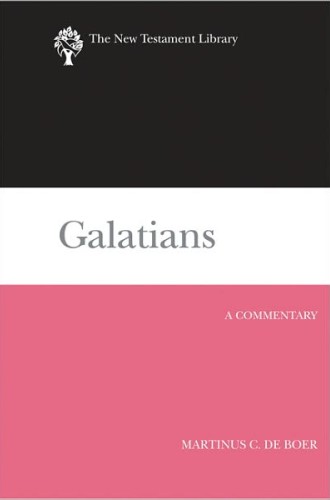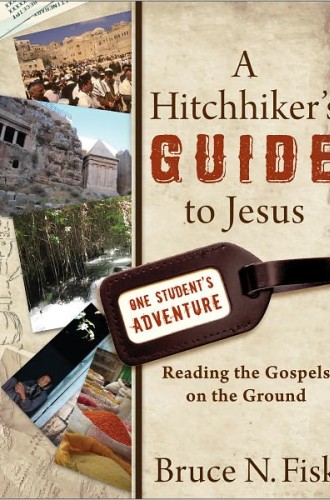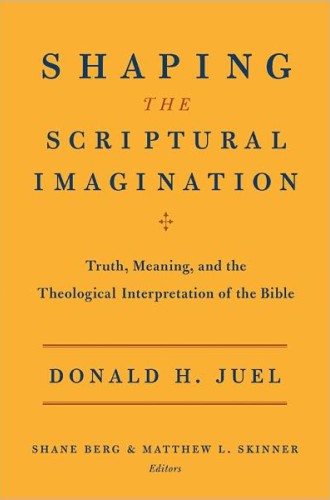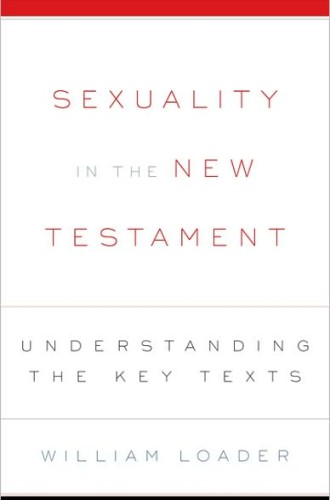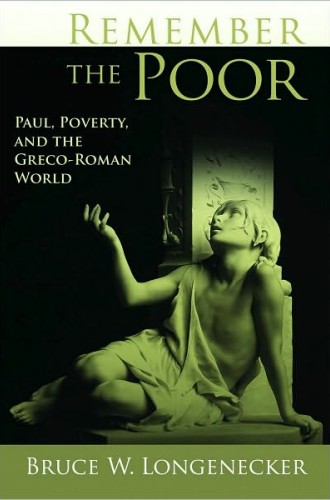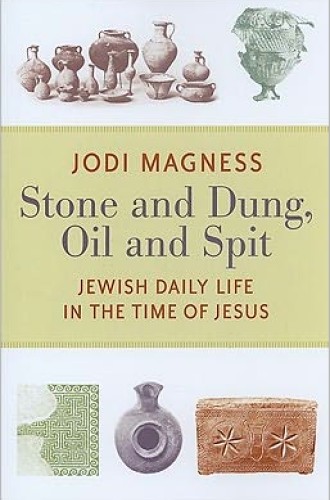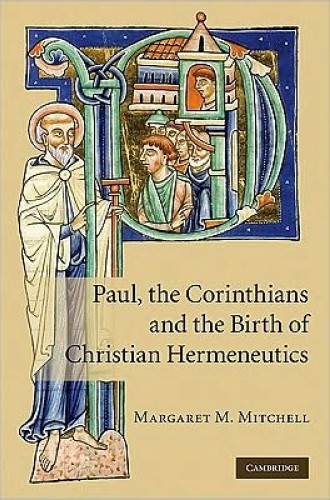New Testament
Engaging the Word: The New Testament and the Christian Believer, by Jaime Clark-Soles (Westminster John Knox, 168 pp., $20.00 paperback). The word delightful rarely attaches itself to an introduction to New Testament study, but Engaging the Word is an exception. Clark-Soles surveys a handful of crucial topics (including translation, the study of the Gospels and Paul, the historical Jesus debate and interpretative politics) in a way that is substantive, accessible, and respectful of her audience. This would be an excellent resource for church groups seeking an alternative to the next media frenzy about Jesus and early Christianity.
Galatians: A Commentary, by Martinus C. de Boer (Westminster John Knox, 496 pp., $50.00). De Boer is well known in scholarly circles for his work on the letters of Paul, work that is sensitive to both historical context and theological concerns. Here he offers a fresh translation and interpretation of Galatians as an "apocalyptic sermon." The commentary is informed by a wealth of scholarship but is not mired in rehearsing every detail for the reader.
A Hitchhiker's Guide to Jesus: Reading the Gospels on the Ground, by Bruce N. Fisk (Baker Academic, 320 pp., $22.99 paperback). The contents of this book live up to the advertisement in the title. Fisk introduces the academic study of Jesus and the Gospels through the conceit of a college student's journal while traveling through Israel. The journal entries include such diverse items as accounts of conversations with biblical scholars, sticky notes from primary sources, quotes from Monty Python and a recipe for making a volcano. Along the way "Norm" struggles to reconcile his faith with his findings in a journey that many will
recognize as their own.
John in the Company of Poets: The Gospel in Literary Imagination, by Thomas Gardner (Baylor University Press, 236 pp., $69.95). Reading scripture is too often a hurried affair as we search for some nugget to preach or teach, or even some argument with which to score points in a theological debate. But poets know that genuine reading can never be rushed. The gift of Gardner's study is both the conversation he constructs between John's Gospel and a diverse group of poets and the way in which that conversation prepares readers to slow down and experience the Gospel again and afresh.
Shaping the Scriptural Imagination: Truth, Meaning, and the Theological Interpretation of the Bible, by Donald H. Juel; edited by Shane Berg and Matthew L. Skinner (Baylor University Press, 228 pp., $34.95). With the death of Donald Juel in 2003, the church lost one of its most gifted teachers and preachers. In gathering and introducing these fine essays and sermons, Berg and Skinner rightly frontload Juel's convictions about interpretive timidity and defensiveness in the presence of scripture's frightening claims on human life. Those who know Juel's work will want to have this volume; those
who don't know Juel's work need to have it.
Sexuality in the New Testament: Understanding the Key Texts, by William Loader (Westminster John Knox, 176 pp., $20.00 paperback). This deceptively slender volume offers a richly informed
discussion of sexuality in the New Testament, including same-sex relations, marriage, adultery, divorce and celibacy. With remarkable clarity and even-handedness, Loader locates the relevant texts both in their own religious and cultural environment and in the context of contemporary exegetical debate.
Historical Jesus: What Can We Know and How Can We Know It? by Anthony Le Donne (Eerdmans, 162 pp., $12.00 paperback). No, this is not another introduction to the quest for the historical Jesus. Le Donne's provocative, witty, engaging book is best described by the second half of the subtitle. Drawing on postmodern historiography, Le Donne reflects on the complex interrelations between expectation, perception, memory and narration. Although his subject matter is Jesus, readers may find themselves thinking about the construction of family and community histories as well.
Remember the Poor: Paul, Poverty, and the Greco-Roman World, by Bruce W. Longenecker (Eerdmans, 392 pp., $25.00 paperback). Paul wrote in Galatians 2 that he was eager to remember the poor, but his interpreters have largely assumed that his letters reveal little interest in the economic implications of the gospel. Longenecker mounts an impressive argument about Paul's commitment to the poor, an argument enriched by discussion of poverty in the Roman world, Roman charitable initiatives, Jewish-Christian theological resources and the place of the poor in early Christian communities.
Stone and Dung, Oil and Spit: Jewish Daily Life in the Time of Jesus, by Jodi Magness (Eerdmans, 375 pp., $25.00 paperback). Meals, money, clothing, animals, buildings, burial and many other quotidian details dot the narratives of the Gospels, and contemporary readers often puzzle over the lives of first-century Jews. Magness draws on both literary and archaeological evidence to construct her informative handbook of daily life in Palestine in the period 100 B.C.E.–70 C.E. Topics range from locusts and dogs to coins and even toilets and toilet habits.
Paul, the Corinthians and the Birth of Christian Hermeneutics, by Margaret M. Mitchell (Cambridge University Press, 192 pp., $85.00). Mitchell contends that patristic exegesis of Paul, with its tension between the plain sense and the "unplain" (the veiled or allegorical), has roots in the Corinthian correspondence, in which Paul had to interpret his own earlier statements. She closes with provocative reflections on the relevance of both patristic exegesis and Paul's interpretation of his own words for contemporary debates about hermeneutics.


